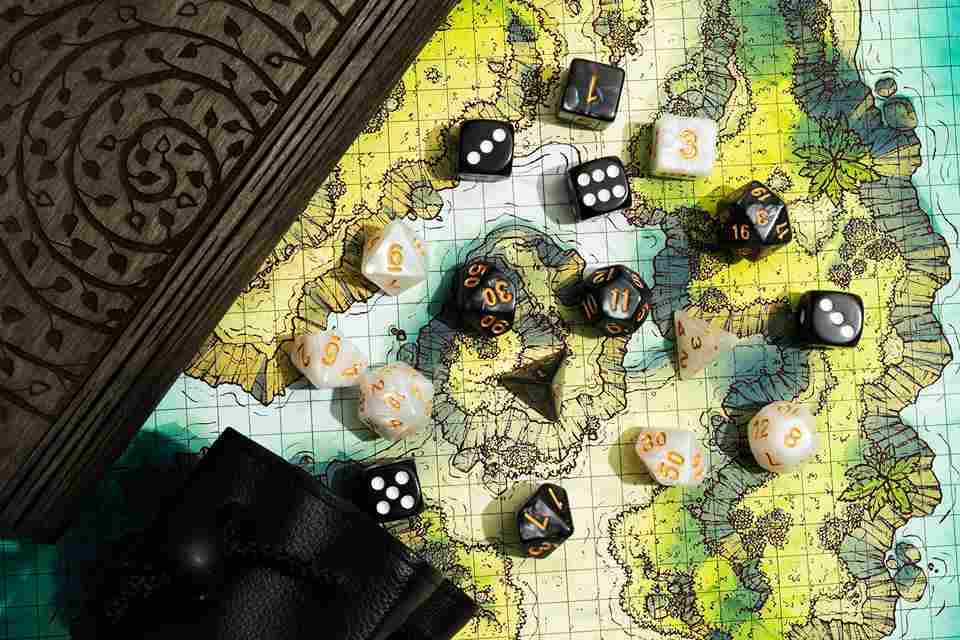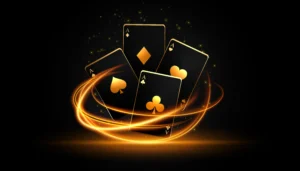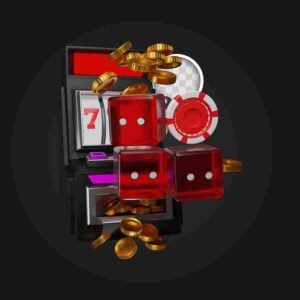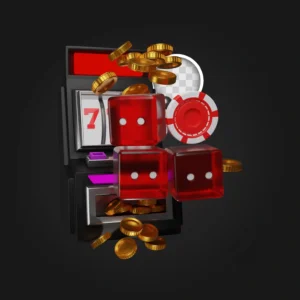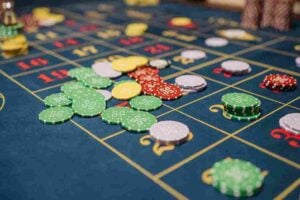Gambling is one of humanity’s oldest pastimes, tracing its roots back to ancient civilizations. Over the centuries, it has evolved dramatically, influenced by cultural, technological, and social changes. This article explores the fascinating history of gambling, from its origins in antiquity to the sophisticated online casinos of today.
Gambling in Ancient Civilizations
Early Evidence of Gambling
Gambling dates back to 3000 BCE, with archaeological findings revealing early forms of gambling using dice-like objects made from knucklebones in Mesopotamia. In ancient Egypt, board games found in tombs indicate the Egyptians also enjoyed gambling.
Gambling in Ancient China
Gambling was widespread in ancient China, where games like keno and tile-based games emerged around 2300 BCE. The Great Wall of China was partially funded through lotteries, showcasing the significance of gambling in Chinese society.
Gambling in Ancient Greece and Rome
The Greeks and Romans were avid gamblers, integrating it into their daily lives. Dice games were especially popular, and betting on chariot races and gladiatorial contests was common. Despite its popularity, gambling was heavily regulated, with strict penalties for cheating.
Gambling Through the Medieval and Renaissance Periods
The Middle Ages
During the Middle Ages, card games became popular in Europe, introduced from Asia. Gambling was often associated with the nobility but faced opposition from religious authorities who deemed it sinful.
The Renaissance
The Renaissance era saw the rise of gambling houses in Italy. Venice’s Ridotto, opened in 1638, is considered one of the earliest casinos. This period also saw the development of modern playing cards and games like blackjack and poker.
The Rise of Modern Casinos
Gambling in Europe
The 18th and 19th centuries marked the formalization of gambling establishments in Europe, with iconic casinos like the Casino de Monte-Carlo opening in 1863. These luxurious casinos attracted the elite and offered various games of chance.
Gambling in America
In America, gambling played a crucial role in frontier culture. The 19th century saw the rise of riverboat casinos and the legalization of gambling in Nevada in 1931, paving the way for Las Vegas to become the world’s gambling capital.
FAQs About the History of Gambling
What were some of the earliest forms of gambling?
Early forms of gambling involved dice-like objects made from knucklebones in Mesopotamia and board games in ancient Egypt.
How did gambling contribute to the construction of the Great Wall of China?
Lotteries in ancient China helped fund the construction of the Great Wall, highlighting the importance of gambling in society.
What role did gambling play in ancient Greek and Roman cultures?
Gambling was a popular pastime in Greek and Roman cultures, with dice games, chariot races, and gladiatorial contests being common activities.
How did gambling evolve during the Renaissance?
The Renaissance saw the establishment of the first gambling houses in Italy and the development of modern playing cards and games like blackjack and poker.

